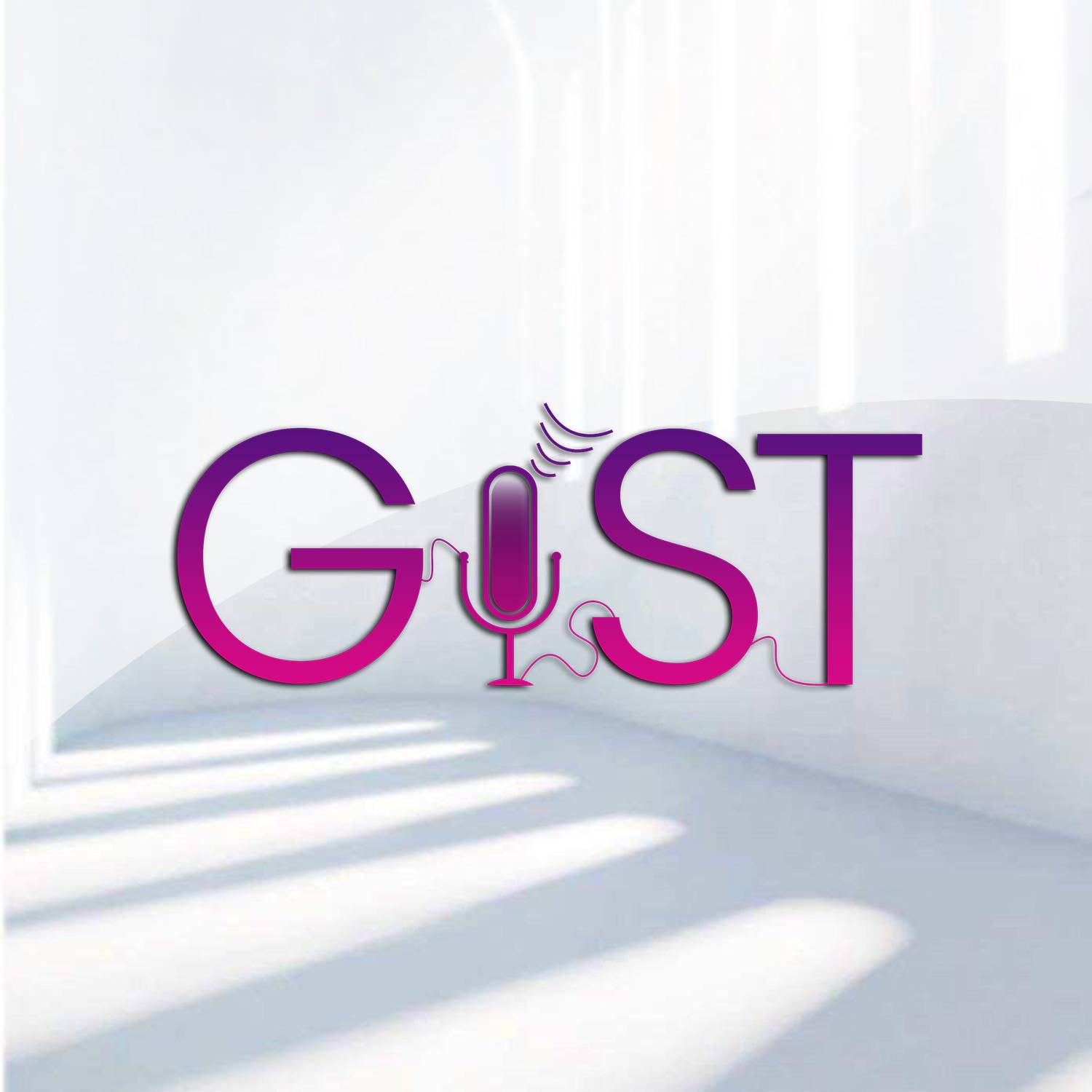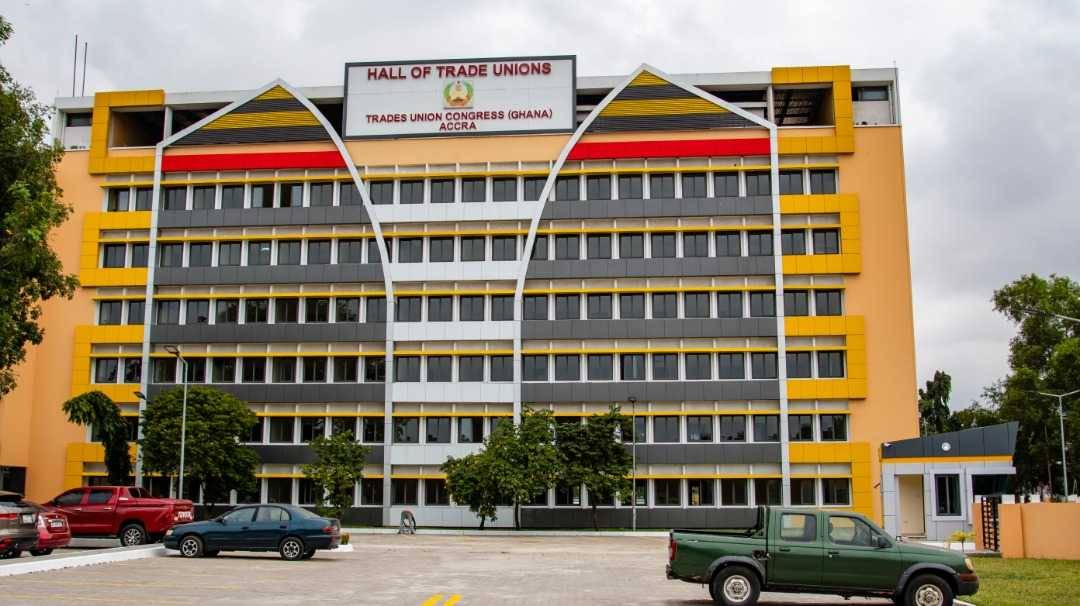Ghana's economic challenges stem from a flawed macroeconomic framework, according to the Trades Union Congress (TUC). In their comments on the 2025 budget, the TUC highlighted that the current economic management framework has failed to transform the structure of the Ghanaian economy over the past four decades. This has led to high rates of joblessness, rampant inflation, high interest rates, unsustainable national debts, declining incomes, and a suffocating cost of living.
The TUC argues that the framework, implemented since the mid-1980s, treats employment as a residual outcome of economic growth and macroeconomic stability. However, this assumption has proven false, as joblessness has increased, and employment has shifted to the informal sector, making good jobs harder to obtain. The framework's overemphasis on macro stability has resulted in recurring bouts of macroeconomic instability, reflected in persistent inflation, high interest rates, subdued economic growth, and a depreciating national currency.
To address these challenges, the TUC urges the government to work with stakeholders to change the current macroeconomic framework. They propose a new model of economic management that prioritizes employment creation and seeks to qualitatively change the economy's structure. By deriving maximum benefits from Ghana's natural resources, the government can fund national development from domestic revenues, reduce borrowing, and alleviate the debt burden.
Key Areas of Concern
Employment: The current framework has failed to create good jobs, leading to increased joblessness and employment in the informal sector.
Inflation: Persistent inflation has contributed to macroeconomic instability and a decrease in purchasing power.
National Debt: Unsustainable national debts have resulted from the flawed framework, making it challenging to fund national development.
Economic Growth: Subdued economic growth has hindered the country's progress, and the TUC advocates for a new model to stimulate growth.
Recommendations
New Economic Model: Implement a new economic management framework that prioritizes employment creation and transforms the economy's structure.
Employment Creation: Focus on creating good jobs and promoting employment in the formal sector.
Natural Resource Utilization: Derive maximum benefits from Ghana's natural resources to fund national development and reduce borrowing.
Stakeholder Collaboration: Work with all stakeholders to develop and implement the new economic framework.


